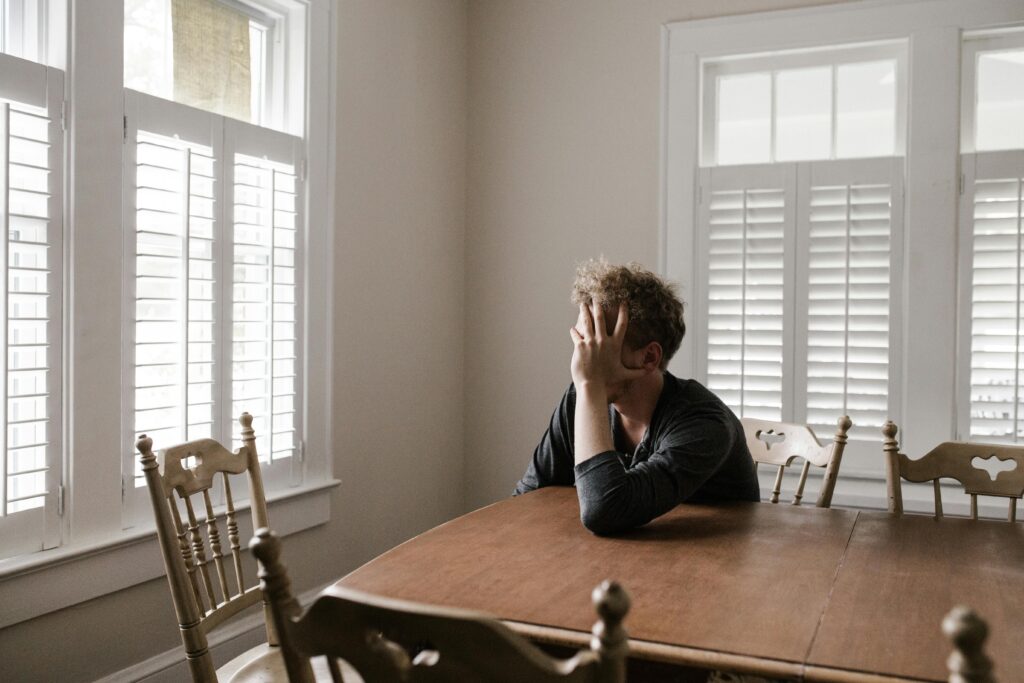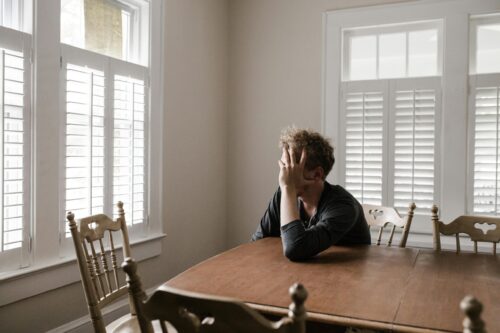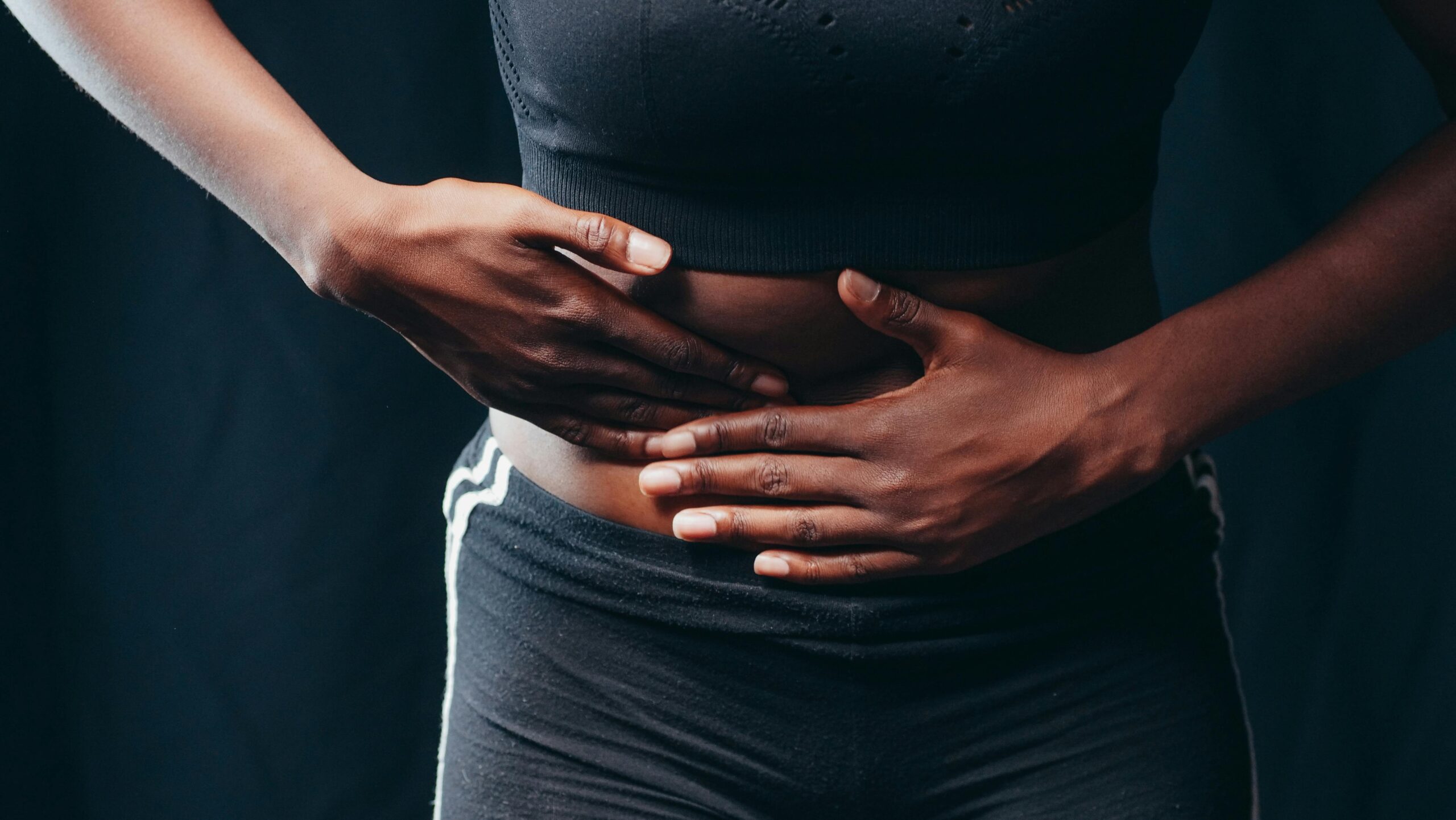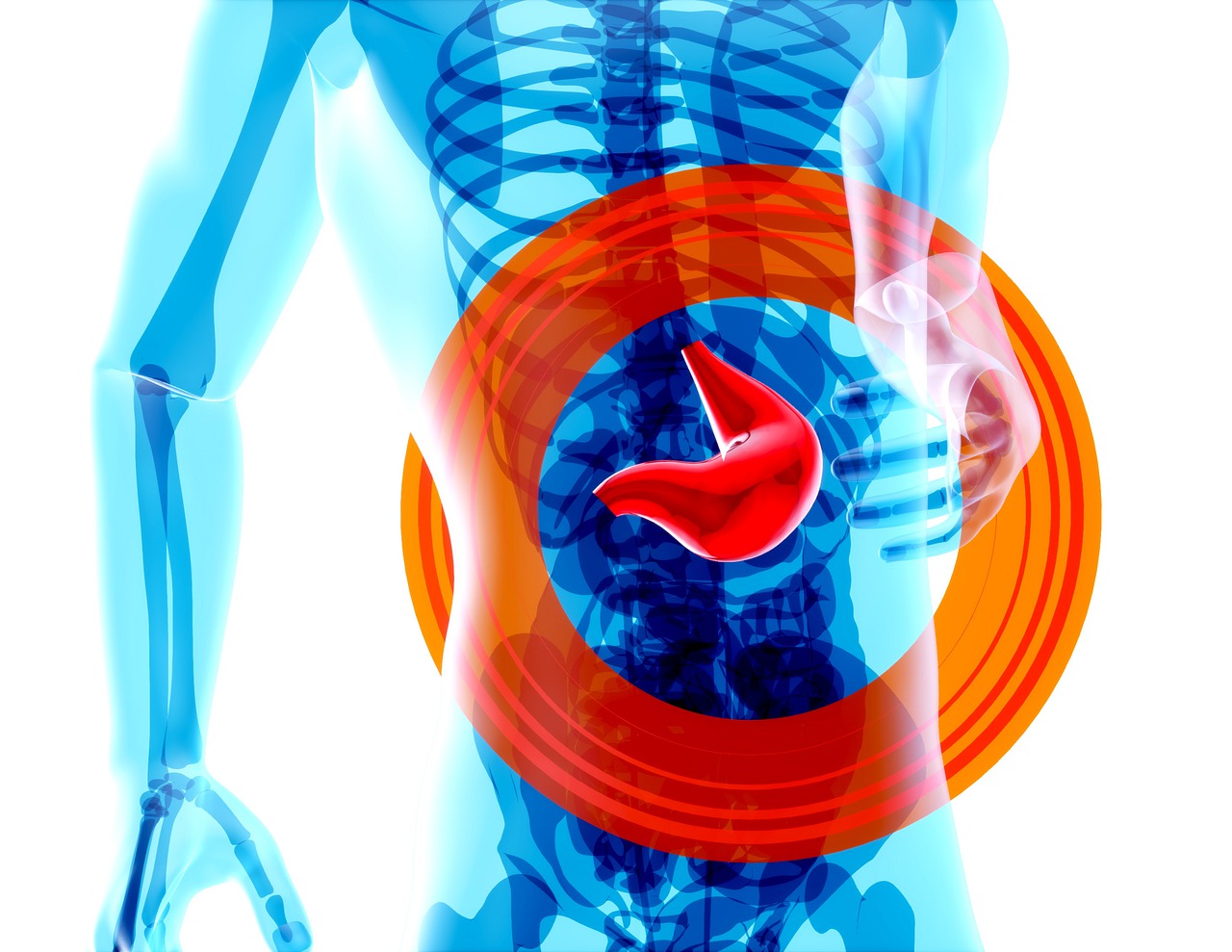What Is Depression? Symptoms, Causes, and Treatment
Depression is more than just feeling sad. It’s a serious mental health condition that affects how you think, feel, and act. Understanding what depression is can help you or someone you love take the first step toward healing.
In this guide, we’ll explore everything you need to know about depression—its symptoms, causes, diagnosis, treatment, and ways to cope.

What Is Depression?
Depression is a common and serious mood disorder that negatively impacts your emotions, thoughts, and behaviors. It causes persistent feelings of sadness, hopelessness, and a loss of interest in activities you once enjoyed.
Depression can affect people of all ages and backgrounds. If left untreated, it can lead to emotional and physical problems, including impaired relationships, job loss, and even thoughts of self-harm.
Key Symptoms of Depression
Depression symptoms vary from person to person, but common signs include:
Emotional Symptoms:
- Persistent sadness or emptiness
- Feelings of hopelessness or worthlessness
- Loss of interest in hobbies or activities
- Irritability or frustration
- Difficulty concentrating or making decisions
Physical Symptoms:
- Changes in sleep (insomnia or oversleeping)
- Fatigue or lack of energy
- Weight gain or loss
- Headaches or body pain without a clear cause
- Digestive problems
Symptoms must last at least two weeks to be diagnosed as depression.
Causes of Depression
There’s no single cause of depression. It usually results from a combination of biological, psychological, and environmental factors.
Common Causes Include:
- Genetics: Family history of depression
- Brain chemistry: Imbalance in neurotransmitters like serotonin and dopamine
- Trauma: Abuse, neglect, or past traumatic experiences
- Chronic illness: Cancer, heart disease, thyroid disorders
- Life events: Loss of a loved one, divorce, job stress
- Substance abuse: Drugs or alcohol use can trigger or worsen depression
Types of Depression
Understanding the different types can help identify the right treatment.
| Type | Description |
|---|---|
| Major Depressive Disorder (MDD) | Severe symptoms that interfere with daily life. |
| Persistent Depressive Disorder (Dysthymia) | Long-term depression lasting 2+ years. |
| Bipolar Disorder | Alternating episodes of depression and mania. |
| Seasonal Affective Disorder (SAD) | Depression linked to seasonal changes, usually winter. |
| Postpartum Depression | Occurs after childbirth due to hormonal changes. |
| Atypical Depression | Mood improves in response to positive events but still experiences core symptoms. |
How Is Depression Diagnosed?
A mental health professional will evaluate your symptoms, duration, and impact on daily life. Diagnosis may involve:
- A psychological questionnaire
- Medical history review
- Ruling out physical health issues (like thyroid problems)
- Assessing for co-occurring conditions (like anxiety)
Early diagnosis can improve treatment outcomes.
Treatment Options for Depression
1. Psychotherapy (Talk Therapy)
Cognitive Behavioral Therapy (CBT) is the most common and effective form. Other therapies include:
- Interpersonal Therapy (IPT)
- Dialectical Behavior Therapy (DBT)
2. Medication
Antidepressants like:
- SSRIs (e.g., fluoxetine, sertraline)
- SNRIs (e.g., venlafaxine)
- Tricyclics or MAOIs for severe cases
3. Lifestyle Changes
- Regular exercise
- Balanced diet
- Consistent sleep schedule
- Limiting alcohol and drugs
4. Alternative Treatments
- Mindfulness and meditation
- Yoga and relaxation techniques
- Light therapy for Seasonal Affective Disorder
- TMS (Transcranial Magnetic Stimulation) or ECT (Electroconvulsive Therapy) for treatment-resistant depression
Coping and Support
Living with depression can feel isolating, but you’re not alone. Here are ways to cope:
- Talk to someone you trust
- Join a support group
- Practice self-care
- Stay physically active
- Avoid isolation
Family and friends play a vital role in providing emotional support and encouragement.
FAQs About Depression
Is depression a real illness?
Yes. Depression is a medically recognized mental health disorder that can affect your brain chemistry and physical health.
Can depression be cured?
While there is no “one-size-fits-all” cure, depression is treatable. Many people recover completely with the right therapy, medication, and support.
How long does depression last?
It varies. Some episodes last a few weeks, while others may last for years without treatment.
Can you prevent depression?
You may not be able to prevent depression entirely, but maintaining good mental and physical health can reduce your risk.
When should I seek help?
If symptoms last more than two weeks and interfere with your daily life, speak to a doctor or mental health professional immediately.
Conclusion: Don’t Ignore the Signs of Depression
Depression is a serious but treatable condition. Recognizing the symptoms, understanding the causes, and seeking timely help can make a world of difference. If you or someone you know is struggling with depression, don’t hesitate to reach out for professional help. You are not alone.




